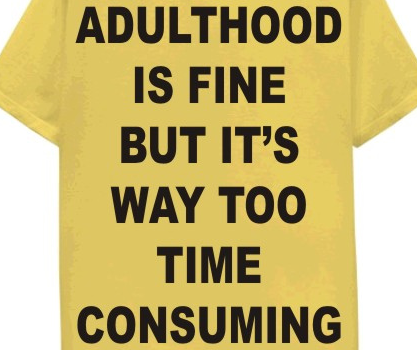Terminology of Intellectual Disability
In 1955, AAMR published its first manual on the definitions and classifications of mental retardation also known as an intellectual disability. It gave a standard deviation of only one below the mean or approximately a score of 85 on an IQ test. This new definition presented many board line cases, which were now being educated in special classes.
There are other changes that have also occurred throughout the history of mental retardation. In the past, these individuals have been labeled feeble minded, morons, educable retarded, trainable retarded, mentally deficient, idiots, cretin, high level, and/or low level. Today they are more often referred to as having mild, moderate, or severe retardation or as an individual with an intellectual disability with needing intermittent, pervasive, extensive, or limited supports.
These labels are often created out of political propaganda and still may not soothe all the individuals affected by the label. Labels also can construct how an individual is perceived. This can limit others expectations on the individual and prohibit others from seeing the person as an equal. Labels can also lead to name calling and psychological scaring.
It is important for teachers and others working with those diagnosed as Mentally Retarded not to overlook the individual. The child’s goals and curriculum should not be geared toward this diagnosis, but rather to the individual’s next steps and needs. It is also important to break social barriers early by helping educate other about what it truly means to have mentally retardation.
People do make the choices to come up with laws, definitions, and terminology. There is undoubtedly no way to make everyone happy, but it is important to try our hardest to ease the problems associated with each of these subjects labeled with n intellectual disability.
Related Articles to ‘Intellectual Disability: Introduction to Mental Retardation’
Intellectual Disability: How to Find Identification
Intellectual Disability and Defining Intelligence




